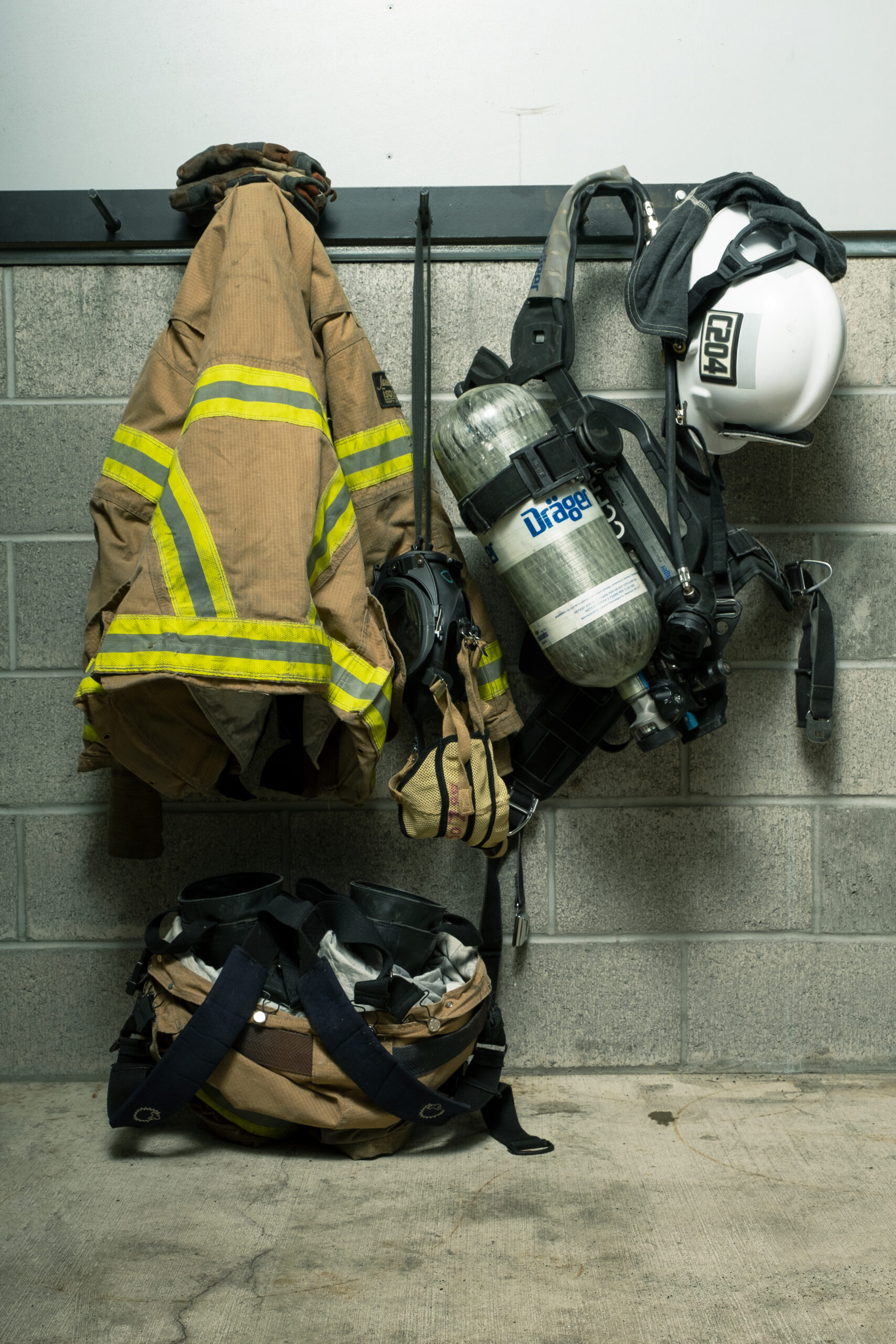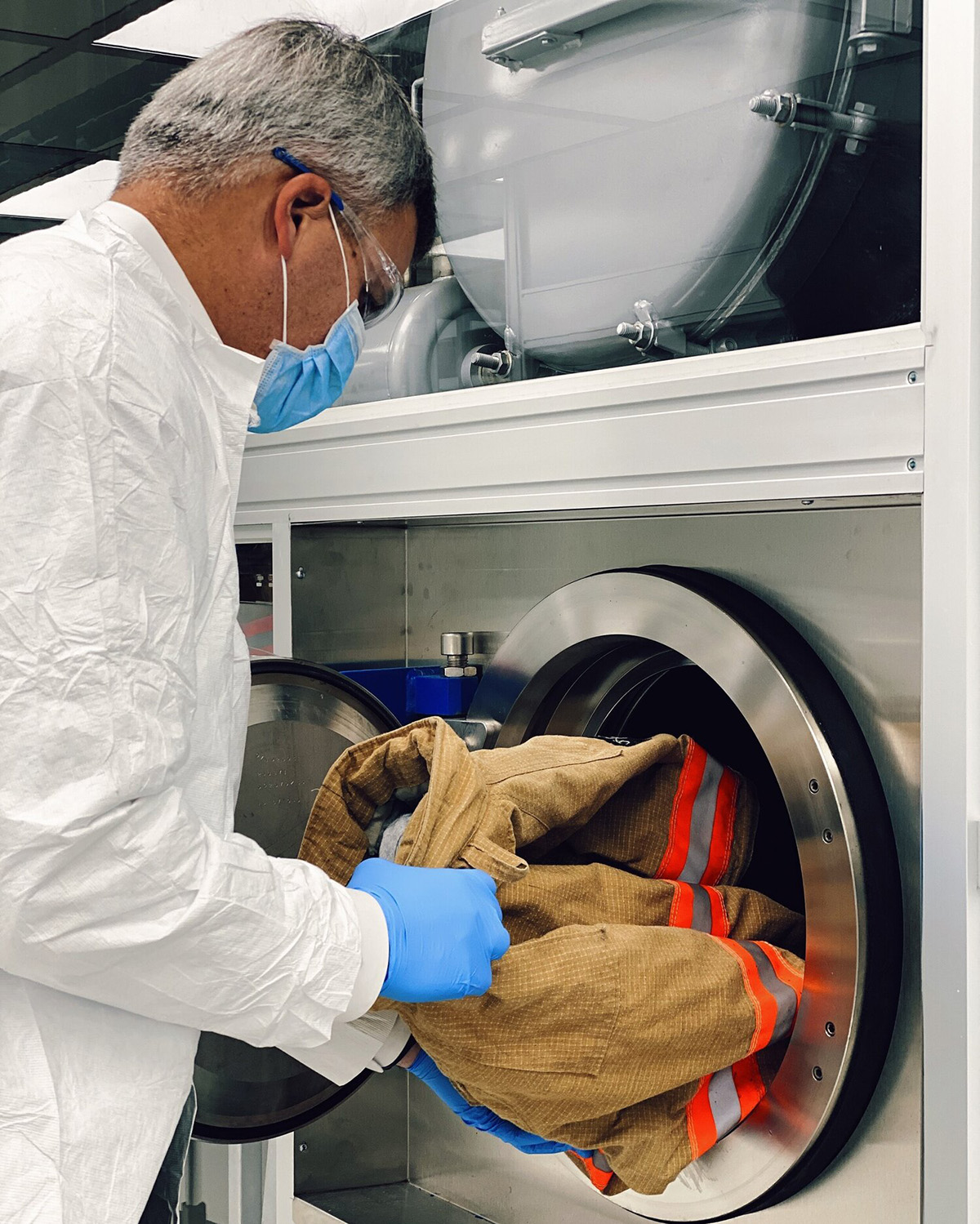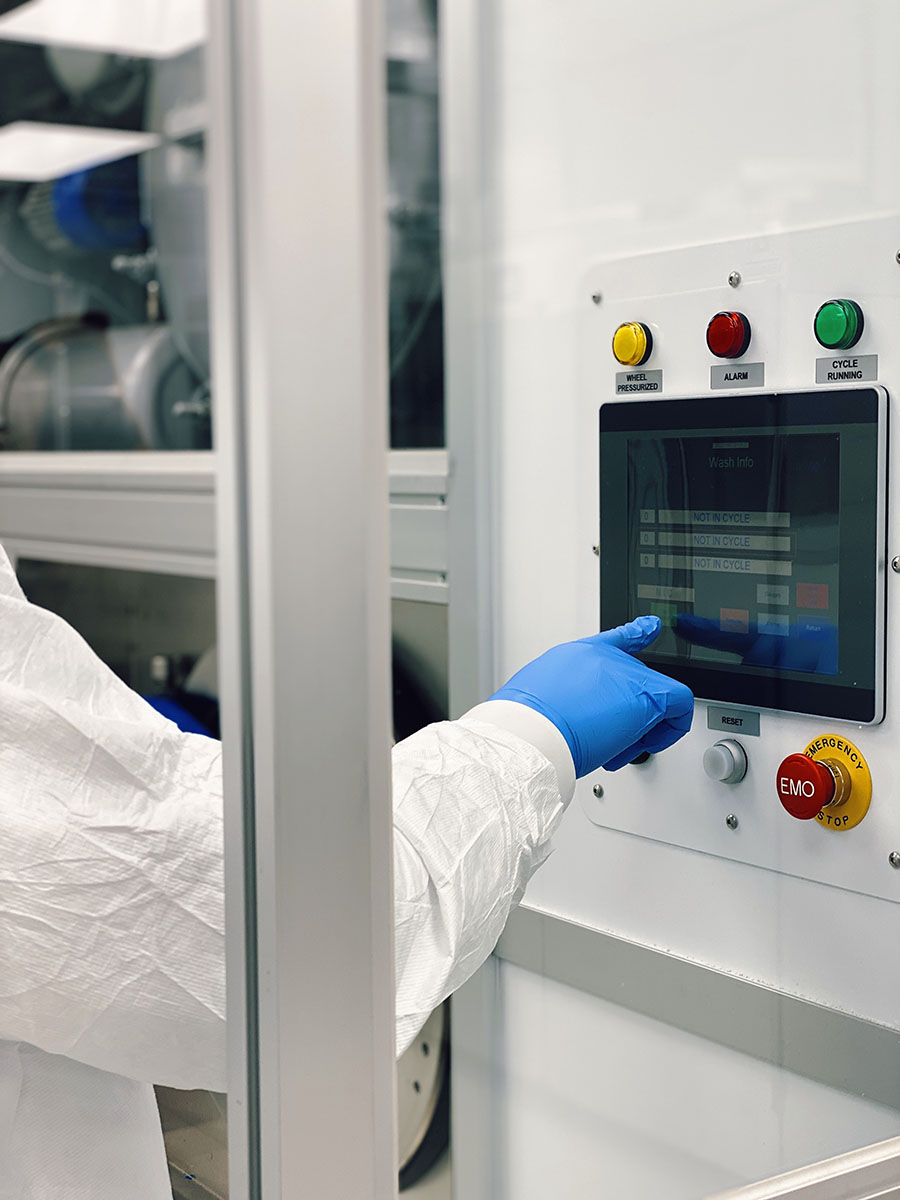By: The Emergency Technical Decon Team
One of the most dangerous threats firefighters face daily is also one of the least visible: prolonged exposure to carcinogens that affect the skin. May is Skin Cancer Awareness Month, a time to recognize one of the most overlooked aspects of firefighter safety—skin health. Skin is your first line of defense, and it deserves to be protected.
Why Firefighters Face Increased Skin Cancer Risk
Repeated exposure to soot, smoke, and contaminated gear can dramatically increase your risk of developing skin cancer, including melanoma. Contaminants like polycyclic aromatic hydrocarbons (PAHs), heavy metals, and PFAS don’t just pose internal health risks—they also cling to PPE, transfer to the skin, and are absorbed more readily when skin is warm or moist (which, on a fireground, is almost always).
According to the International Agency for Research on Cancer (IARC), exposure to occupational combustion byproducts is classified as a Group 1 carcinogen, meaning there’s sufficient evidence linking it to cancer in humans. And the National Institute for Occupational Safety and Health (NIOSH) has consistently reported higher rates of certain cancers, including skin cancer, among firefighters compared to the general population.
Simple Steps That Make a Big Difference
This Skin Cancer Awareness Month, here’s how firefighters and first responders can reduce exposure and take better care of your skin, on and off the job:
- Always remove soot and contamination from your PPE.
Soot carries carcinogens that cling to gear and transfer to the skin. Even after one call, your gear may contain harmful particles invisible to the naked eye. Conduct gross decontamination on the scene and follow with routine deep cleaning. - Use advanced decontamination—don’t rely on water extractor-only systems.
ETD’s Liquid CO2+ cleaning system removes 84% of PFAS and 99.9% of SVOCs and other contaminants, without damaging the protective structure of your gear. Clean gear means lower skin exposure. - Shower and change as soon as possible after an incident.
Follow the “Shower Within the Hour” rule. Sweat and heat open your skin’s pores, allowing toxins to absorb more easily. Cleaning your skin quickly helps reduce the risk of absorption. - Wear sunscreen year-round.
Firefighters spend significant time outdoors, often under intense sun, even when not on a call. Make SPF part of your daily gear—especially for your face, neck, and hands. - Seek shade when not in active operations.
Whether on scene or during training, minimizing direct sun exposure helps reduce the cumulative UV radiation that can lead to melanoma. - Schedule routine skin checks.
Early detection saves lives. Encourage your department to include dermatological exams as part of annual physicals or cancer screening protocols.
It’s Not Just About Fire—It’s About What Lingers After
Firefighters are strong, resilient, and trained to handle the heat. But long-term exposure to contaminated gear, poor decontamination practices, and harmful environmental factors like UV rays takes a cumulative toll, especially on your skin. That’s why a proactive approach to decontamination and skin health matters.
At ETD, we’re proud to stand with the fire service during Skin Cancer Awareness Month—and every month. Our Liquid CO2+ gear cleaning process is engineered to support firefighter health by eliminating toxins that pose both short- and long-term risks. We believe your gear should protect you, not expose you to more danger.
Want to learn more about our advanced PPE cleaning services or schedule a demo? Contact us today to get started.



